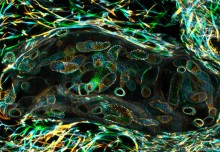

GLOBAL HEALTH BIOSENSORS
Low-cost, disease-detecting biosensors show global health promise
Researchers have developed low-cost, biodegradable biosensors for global health applications in resource-limited settings.



Low-cost, disease-detecting biosensors show global health promise
Researchers have developed low-cost, biodegradable biosensors for global health applications in resource-limited settings.
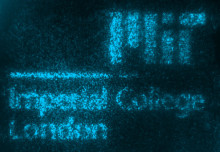

Kombucha-inspired microbial mixture lets scientists create 'living materials'
Imperial and MIT researchers have made smart living materials by engineering microbes to detect and react to their environment.
 1
1
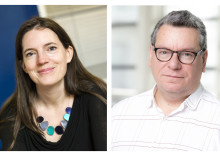

Two Imperial ‘research visionaries’ win Academy Chairs in Emerging Technologies
The Royal Academy of Engineering has appointed two Imperial engineers as Chairs in Emerging Technologies.
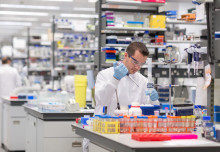

New Riffyn-Imperial partnership set to accelerate synthetic biology research
A new open-science collaboration will establish a digital backbone for synthetic biology research and education in scientific reproducibility.
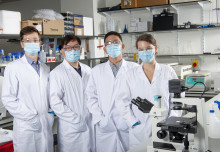

Sustainability startups join the Imperial White City Incubator
A cluster of startups has joined the Imperial Incubator community to advance their technologies for renewable energy and sustainable food industries.
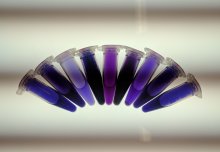

Bacteria ‘factories’ used to discover potential new malaria drugs
Researchers have engineered bacteria to produce new versions of a potential antibiotic molecule, some with potent antimalarial properties.


A potential new route to future nerve regeneration technologies
Hamlyn Centre researchers propose a possible new route to next generation nerve regeneration, by combining 3D printing, nanoscience and stem cells.
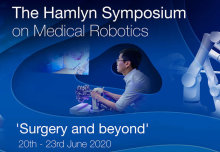

Hamlyn Symposium on Medical Robotics (20th - 23rd June 2020)
The 13th Annual Hamlyn Symposium on Medical Robotics 2020: ‘Surgery and Beyond’
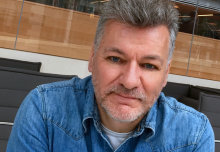

Centre for Synthetic Biology gains an Entrepreneur in Residence
A new Entrepreneur in Residence is joining Imperial’s Centre for Synthetic Biology to help it commercialise its research.


Imperial academics named Royal Academy of Engineering Chairs
Projects in assistive robots and synthetic biology have received funding for ten years as part of the Academy’s Chair in Emerging Technologies scheme.